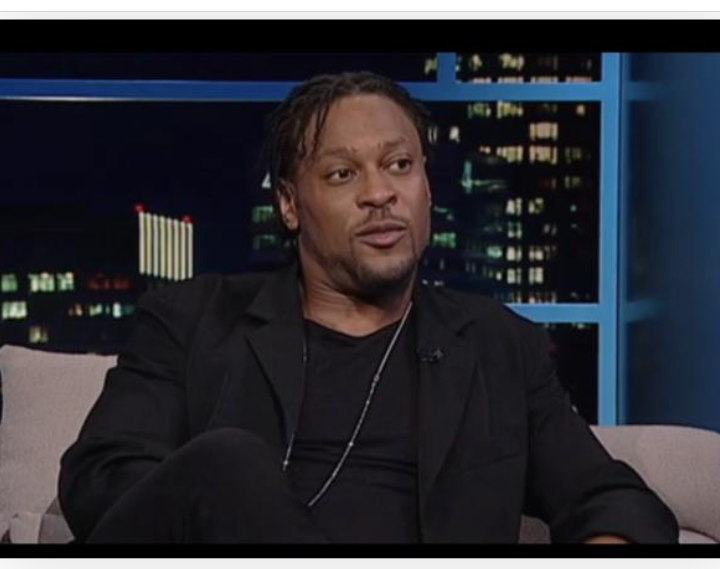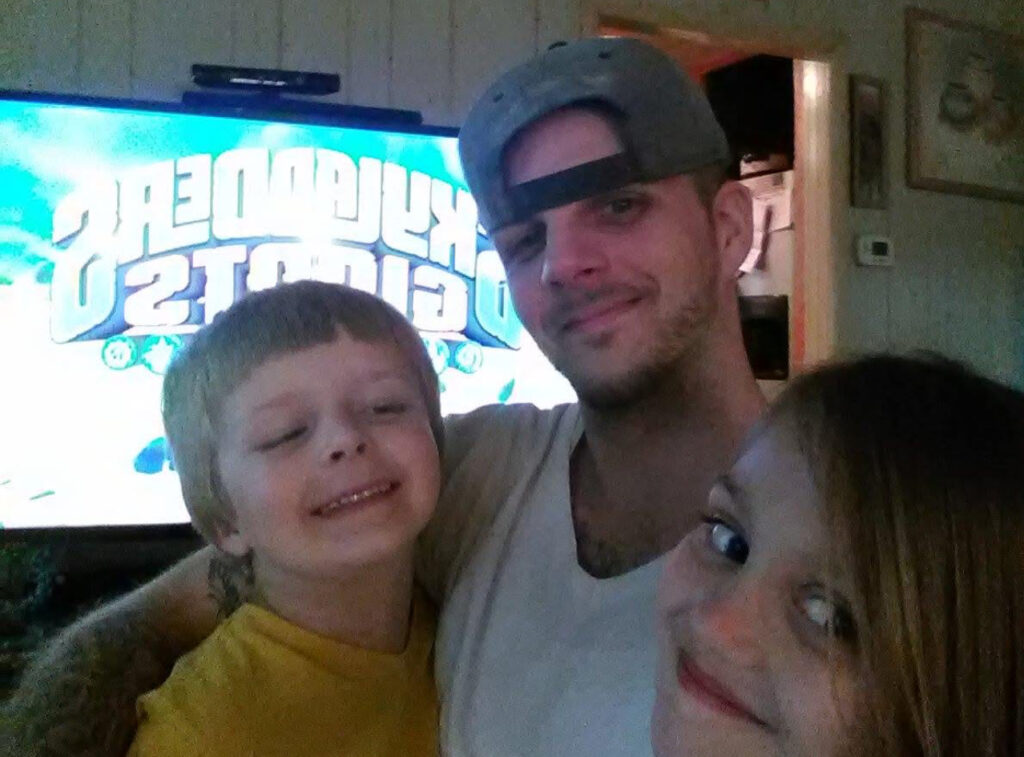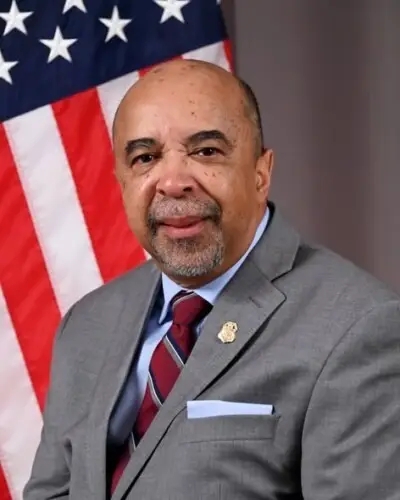NEW YORK, NEW YORK — The music world is reeling after the loss of Grammy-winning R&B and neo-soul legend D’Angelo, who died Tuesday at the age of 51 following a prolonged battle with cancer. His family confirmed his passing in a statement, saying his light “has dimmed” yet urging fans to celebrate the gift of music he leaves behind.
Born Michael Eugene Archer, D’Angelo rose to prominence in the mid-1990s with his debut album Brown Sugar, which fused classic soul textures with contemporary R&B. Over the course of his career, he earned respect as a pioneer of neo-soul, beloved for his emotive voice, musical integrity, and artistry.
His subsequent albums, Voodoo (2000) and Black Messiah (2014), solidified his status as an innovator. Songs such as “Untitled (How Does It Feel)” and “Lady” became generational anthems, weaving subtle instrumentation with heartfelt vocals. Black Messiah in particular was seen as a bold return to form and a statement of artistic maturity.
According to reports, D’Angelo had been privately battling pancreatic cancer for months before entering hospice care. His health struggles had increasingly kept him out of the public eye, and the news of his death spurred an outpouring of tributes from fans, fellow artists, and music industry figures alike.
In their statement, his family described him as “the shining star of our family,” and shared that while they are devastated, they remain “eternally grateful for the legacy of extraordinarily moving music he leaves behind.” They asked for privacy during this difficult time.
The news of his death also shines a spotlight on pancreatic cancer, a disease often diagnosed late and with limited prognosis. Awareness advocates note that his high profile may bring renewed attention to research, early detection, and patient support.
Fans and fellow musicians immediately began posting tributes on social media, recalling his influence, kindness, and the emotional depth of his work. Many described feeling personal loss and gratitude, honoring the impact he had on their lives and art.
Music industry leaders and journalists have begun reflecting on his influence in shaping a genre, mentoring emerging voices, and refusing to conform to commercial pressures. His legacy is often cast as one of creative freedom, authenticity, and deep musical empathy. (Pitchfork)
As the world mourns, his catalog is likely to be revisited and appreciated anew. Record labels, streaming platforms, and radio stations are expected to feature his greatest works, while fans gather to celebrate his life through playlists, vigils, and shared memories.
Though he is gone, D’Angelo’s artistic voice and emotional resonance live on in every note he sang and every heart he touched. His passing marks a profound loss for music, but his legacy endures — a testament to soulful creativity, heartfelt expression, and the power of song to transcend time











